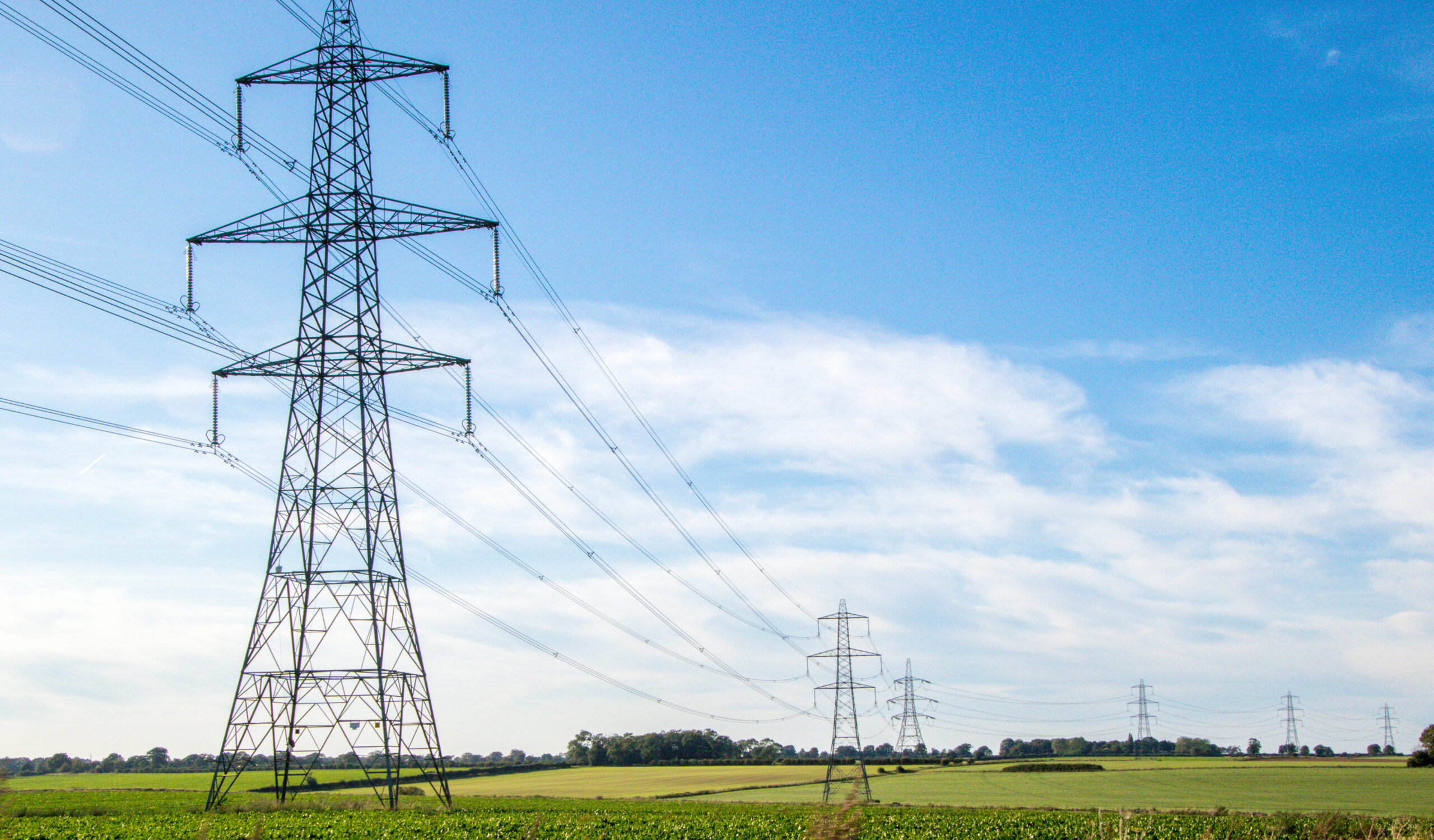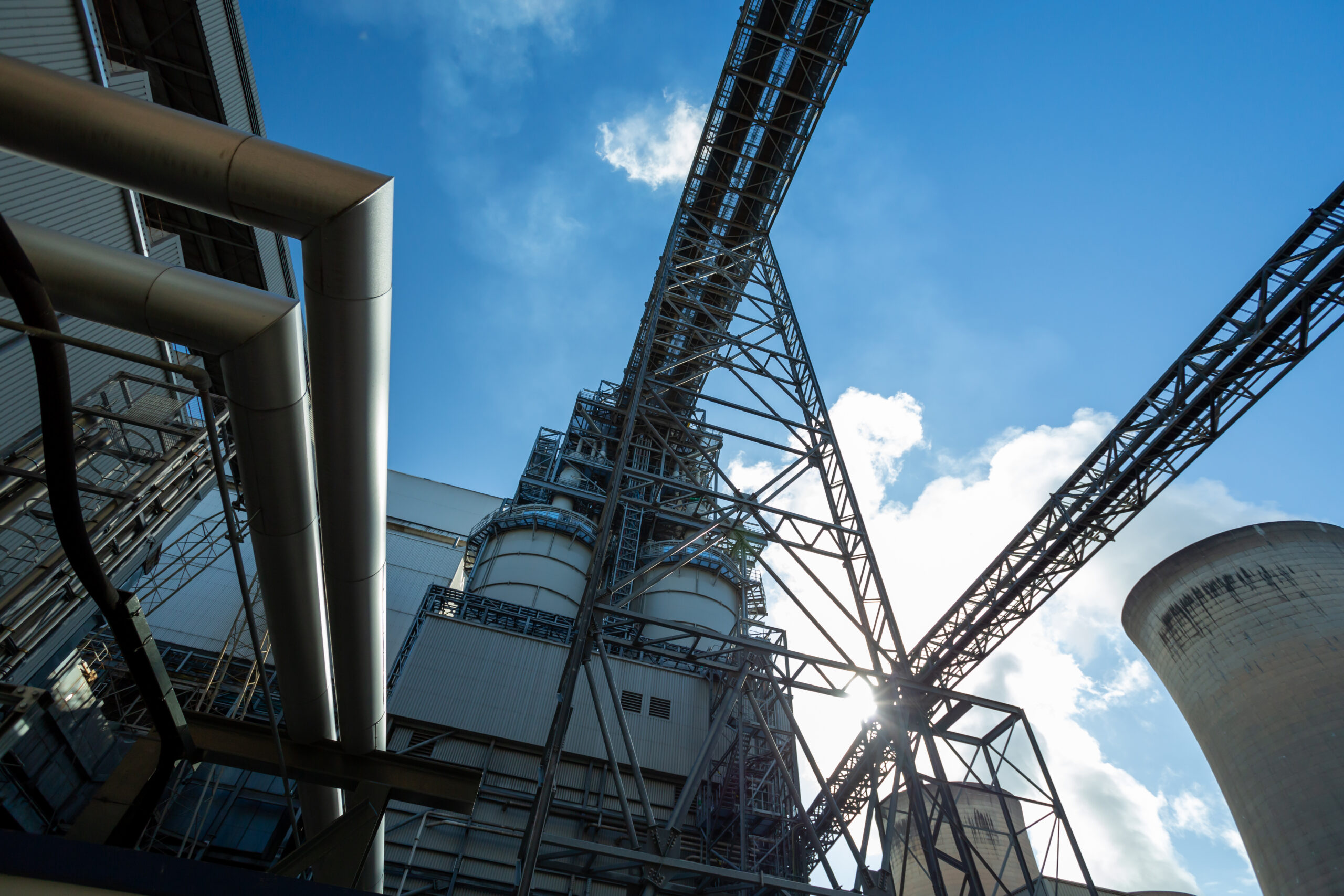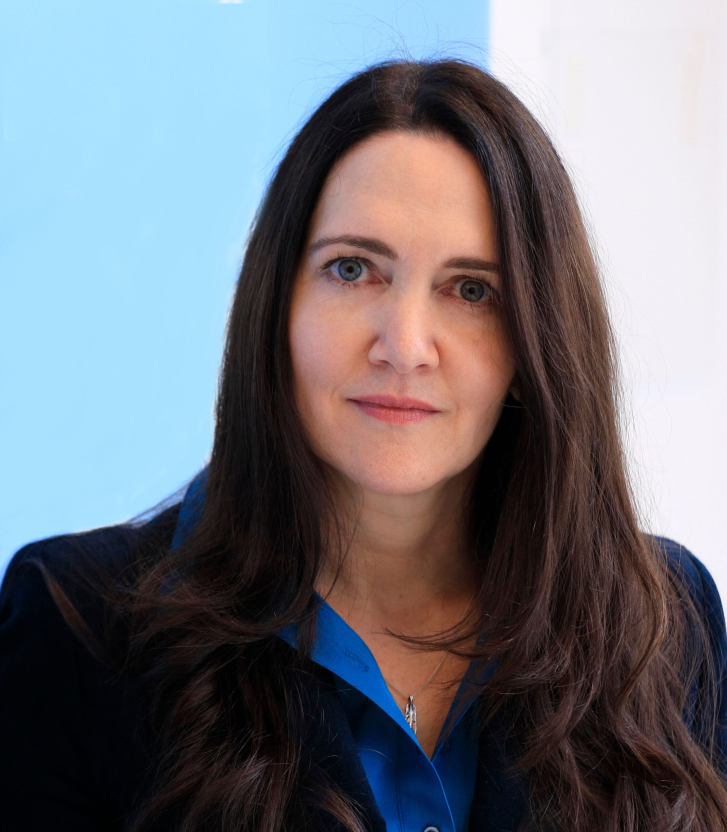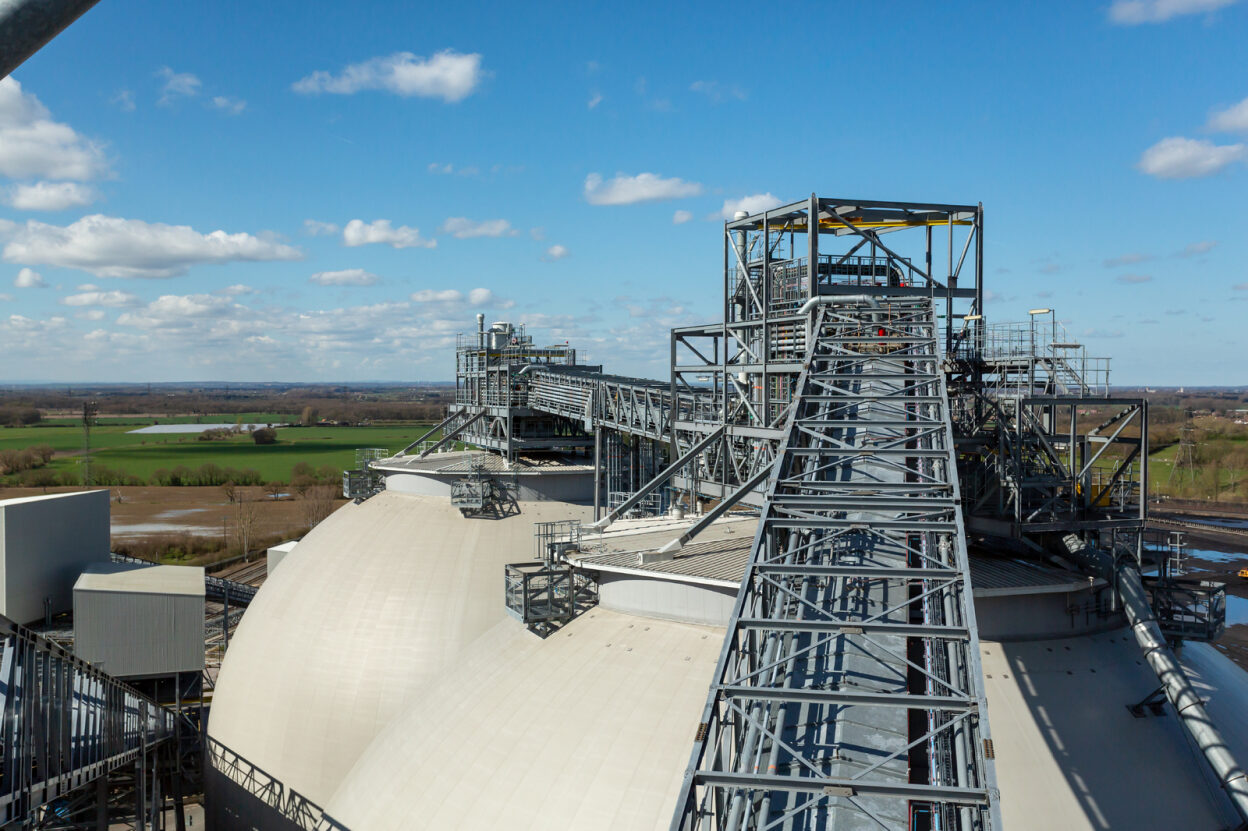
- Drax Foundation and Community Fund has given £2.7m to support people living in communities where Drax operates, globally.
- The money was provided by the renewable energy company to organisations that help under-represented groups, advance gender equality and support indigenous communities.
- Initiatives which have benefitted from the funding included those which improve STEM education, access to green spaces and energy efficiency measures in schools.
The Drax Foundation provided £2.7m of funding to build stronger communities for a net zero future, significantly boosting the support provided by the global renewable energy leader in 2023.
The Drax Foundation’s Annual Review reports on the impact the funding has had in the communities Drax operates in, where it has helped non-profit organisations to improve access to STEM education, nature and community green spaces, as well as renewable energy and energy efficiency.
Drax CEO, Will Gardiner, said: “It’s important that we give back to the communities in which we operate and I’m very proud of the work the Drax Foundation has done in its first year. The engagement with our communities and partners has had a positive impact for a lot of people.
“We are passionate about supporting diverse organisations, to deliver STEM education for those who may not have traditionally had access. And by improving green spaces and energy efficiency in schools we’re making communities more sustainable. I look forward to seeing the continued support we provide to our communities through the Drax Foundation in the future.”
In 2023, the Drax Foundation:
- Provided just over a quarter of its grants for STEM projects, funding education and training for 70,300 children and 637 adults globally.
- Provided money to help 20,860 people to access community green spaces and to restore or protect 1,230 hectares of land.
- Funded energy analysis tools and climate education at more than 200 UK schools in the communities where Drax operates.
- Installed LED lighting in 8 pilot schools, as part of a £4.5 million investment over three years to help UK schools improve their energy efficiency.
- Provided money for local foodbanks, community sports teams, resources for local schools and improved community buildings.
In addition, Drax Group’s Communities in Crisis Fund supported seven disaster relief projects around the world.
In the UK the Drax Foundation provided £1.3m of funding, including:
Supporting STEM education in areas of low social mobility through its partnership with the organisation STEM Learning and the Glasgow Science Centre.
Gill Collinson, Director of Strategy and Partnerships at STEM Learning in the UK said: “We are delighted with the generous funding awarded by the Drax Foundation. The partnership will help STEM learning’s mission to change the lives of thousands of young people by supporting teachers and introducing young people to inspiring role models and raising their aspirations.”
Providing energy-efficient LED lighting in eight schools in the UK and provided 240 more with energy analysis tools and education to enable them to be more sustainable. This was part of a £4.5 million commitment over three years to help schools improve their energy efficiency.
Energy Sparks, which provides online training programmes to help schools reduce their energy consumption, benefitted from £150,000 which has put 120,000 pupils through Energy Sparks climate awareness programmes.
The Argyll & the Isles Coast and Countryside Trust was also granted funding to help them expand outdoor STEM learning to more children and established a native tree nursery as a key part of their new Woodland Enterprise Hub.
In Canada the Drax Foundation provided £576,000 of funding, including:
STEM workshops and mentoring partnerships with the Society for Canadian Women in Science and Technology (SCWIST) as part of its work to invest in girls and indigenous communities as future STEM leaders. Through this work over 470 women have participated in 57 STEM workshops and 24 women have participated in mentoring partnerships.
JeAnn Watson, Director of SCWIST commented: “STEM skills are life skills, and with access to STEM knowledge, the youth of today can shape their own futures and chart a logical path in a rapidly changing world”.
A three-year partnership with Science World to increase the educational opportunities for students in the most remote school districts and Frist Nations communities. So far 1,976 children have participated in the programme covering 16 schools in four communities.
The University of British Columbia’s (UBC) Faculty of Forestry received £47,500 in grant funding supporting 316 children from underserved communities with access to bursaries. The programme called Wild & Immersive encourages children and young people to care for the environment through nature-based experiences.
In the US the Drax Foundation provided £671,000 of funding, including:
Community engagement projects focusing on local wildlife through a partnership with Houston Audubon in Texas.
Pete Deichmann, Houston Audubon’s Land Director said: “With the generous support of the Drax Foundation, Houston Audubon can continue to lead the conservation action needed along the Upper Texas Coast to help protect our land as well as the migratory, breeding and resident birds that depend on us for habitat protection.”
The Drax Foundation also partnered with Texas Alliance for Minorities in Engineering (TAME) providing £66,000 in grant funding which resulted in 160 students, the vast majority from a minority background, participating in STEM programmes in the state.
Read the full Drax Foundation Annual Review here: https://www.drax.com/wp-content/uploads/2024/04/Drax-Foundation-Annual-Review_2023.pdf
ENDS
Media contacts:
Aidan Kerr
Senior Media Manager
E: aidan.kerr@drax.com
T: 07849 090 368
Editor notes
The Drax Foundation was launched in March 2023 to provide grant funding for non-profit organisations that improve equitable access to STEM education, community green spaces, and renewable energy in regions where Drax operates in the UK and North America.
Drax’s Community Fund was established to respond to the unique needs and opportunities in communities where the company operates, with donations to local community initiatives.
About Drax
Drax Group’s purpose is to enable a zero carbon, lower cost energy future and in 2019 announced a world-leading ambition to be carbon negative by 2030, using bioenergy with carbon capture and storage (BECCS) technology.
Drax’s around 3,000 employees operate across three principal areas of activity – electricity generation, electricity sales to business customers and compressed wood pellet production and supply to third parties. For more information visit www.drax.com
Power generation:
Drax owns and operates a portfolio of renewable electricity generation assets in England and Scotland. The assets include the UK’s largest power station, based at Selby, North Yorkshire, which supplies five percent of the country’s electricity needs.
Having converted Drax Power Station to use sustainable biomass instead of coal it has become the UK’s biggest renewable power generator and the largest decarbonisation project in Europe. It is also where Drax is piloting the groundbreaking negative emissions technology BECCS within its CCUS (Carbon Capture Utilisation and Storage) Incubation Area.
Its pumped storage, hydro and energy from waste assets in Scotland include Cruachan Power Station – a flexible pumped storage facility within the hollowed-out mountain Ben Cruachan.
The Group also aims to build on its BECCS innovation at Drax Power Station with a target to deliver 4 million tonnes of negative CO2 emissions each year from new-build BECCS outside of the UK by 2030 and is currently developing models for North American and European markets.
Pellet production and supply:
The Group has 19 operational pellet plants and developments with nameplate production capacity of around 5 million tonnes a year.
Drax is targeting 8 million tonnes of production capacity by 2030, which will require the development of over 3 million tonnes of new biomass pellet production capacity. The pellets are produced using materials sourced from sustainably managed working forests and are supplied to third party customers in Europe and Asia for the generation of renewable power.
Drax’s pellet plants supply biomass used at its own power station in North Yorkshire, England to generate flexible, renewable power for the UK’s homes and businesses, and also to customers in Europe and Asia.
Customers:
Drax supplies renewable electricity to UK businesses, offering a range of energy-related services including energy optimisation, as well as electric vehicle strategy and management.
To find out more go to the website www.energy.drax.com























